When the office of state delegate Joe Vogel reached out to Common Sense presenting an offer for student journalists to experience a day in the Maryland State House, I wasn’t sure what this opportunity would entail. I spent a few days looking up what exactly state delegates did, recent legislative actions Delegate Vogel had taken, and ways I could find helpful information for students here at school. Delegate Vogel represents District 17, one of the multiple districts covering part of Montgomery County.
When Friday, April 4 came, I drove an hour to Annapolis, arriving at the Maryland State House office building around 9:30 a.m.. When I arrived at Delegate Vogel’s offices, I had the pleasure of meeting and learning from his chief of staff and legislative assistant about what a typical day in the life looks like during the legislative session. The legislative session for the General Assembly lasts 90 days each year, and the state Senate and House of Delegates convene to act on and pass hundreds of bills. During the rest of the year, delegates typically visit groups in their home community and run a campaign if it’s an election year.
I learned from Delegate Vogel’s staff that this part of the year is typically jam-packed and schedules can change on a dime since the legislative session would be ending in just a few days and representatives are rushing to get bills heard and voted on. The first meeting on the agenda was with the Ways & Means Committee, which focuses on topics ranging from education to sports gambling. Three bills were being heard this day, and a positive committee vote meant they could move forward to be voted on by the full House. The first two bills covered changes to how election judges are allocated to polling places and alterations to how Baltimore County elected council members.
The third bill piqued my interest as it covered a topic relevant to many students here at school. The proposed bill would require sports gambling operators to hire independent, state-licensed evaluators to review their practices and any companies they partner with. With sports gambling being so prevalent, especially among teenagers my age (check out Common Sense’s article on sports gambling site Fliff), it was fascinating to see real legislation that discussed it be brought to government and put to a vote.
After the committee voted on those bills, the committee’s chair announced what bills they would be voting to concur, which means they would be accepting or rejecting amendments made by the Senate. I learned from this part of the day how political committees can be. As a freshman in AP Gov, I learned about the numerous committees a bill typically goes through, but I never realized why so many bills often die in committee. If the chair of a committee doesn’t prioritize a certain bill, it might never make it out of that committee and be heard by the House as a whole. This introduces a whole new aspect of politics and maneuvering to ensure a delegate’s bill makes it all the way through.
What surprised me most about this meeting of the committee was the informality of it all. In my head, I imagined a serious, rigid process to take place, but I was surprised to see the delegates and chair making jokes, chatting and giving special shoutouts to groups visiting from their districts. This pattern continued into the meeting of the full House of Delegates I attended that afternoon.
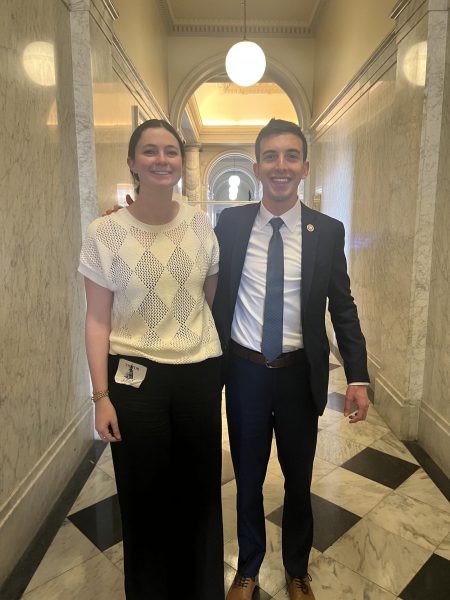
While sitting in the gallery, I got to observe the delegates and how each bill was voted upon and debated. The session felt almost like a classroom, as I watched the delegates sitting toward the back chatting like students here do. While the session seemed boring at first, with most bills being voted on quickly, there ended up being heated debates about issues local to us.
The Protecting Sensitive Locations Act, which aims to make schools, libraries, and other government buildings inaccessible to ICE agents, started arguments between Democrats and Republicans over new amendments to the bill. After that, a bill focusing on the construction of solar panels on farmlands elicited even more debate between representatives of rural areas and other delegates. While these bills hadn’t even been on my radar before today, I am now invested in them and remain curious to see if they pass. Moments like this are why it is vital to engage with local government: in a time where the federal government is extremely chaotic, it is more important than ever to see how your local government responds.
For the final part of the day, I interviewed Delegate Vogel to understand how ideas turn into bills, specific actions he had taken, and how local governments can protect their citizens from the actions of the federal government. For delegates in the State House, a large percentage of their constituents work for the federal government, especially for representatives of Montgomery County, like Vogel. With the recent mass layoffs led by the Department of Government Efficiency (DOGE), the State House intends to ensure financial stability for the families affected. “I wish we had even more to address the issue of federal layoffs [when making the budget], but one thing that we did was create a fund so that individuals who are laid off from the government can get temporary bridge funding. If you need to keep paying your mortgage, or keep paying to send your kid to physical therapy, or keeping paying your car payments . . . this is is $10 million of temporary assistance for those federal workers,” Vogel said.
Another local issue has been the federal government cutting hundreds of millions of dollars in education funds. For Montgomery County students, these budget cuts will likely impact learning and wellness supports. “When the federal government cuts $418 million for our schools, there are two choices. One is we either just don’t make up the difference and our students are hurt as a result of it, or we make up the difference and have to raise tax revenues. We don’t get to just make up money, we have to balance the state budget. The federal government doesn’t [have to balance their budget], so my message has been pretty clear to the federal government to cut this [stuff] out and stop hurting Maryland students,” Vogel said.
Finally, Vogel highlighted the importance of connecting with elected officials. Oftentimes, the bills he proposes or backs are based on issues and ideas brought to him by regular Marylanders, and topics he wouldn’t have known about otherwise. “Most of the bills that I’ve introduced have come from conversations that I’ve had with people where someone says ‘Hey, we have this issue,’ . . . I could not encourage people enough to reach out to me with problems that they’re seeing with solutions they have, because I’m committed to elevating these issues,” Vogel said.


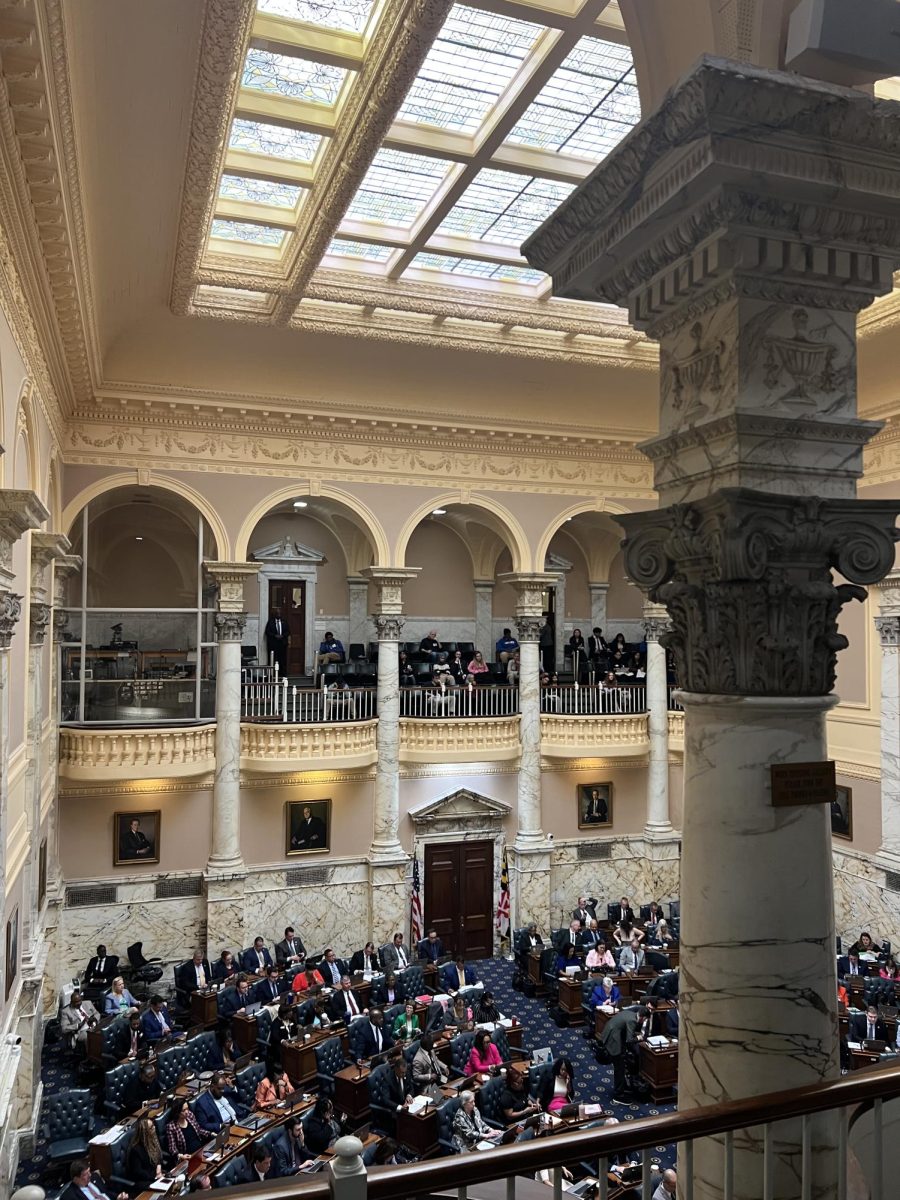

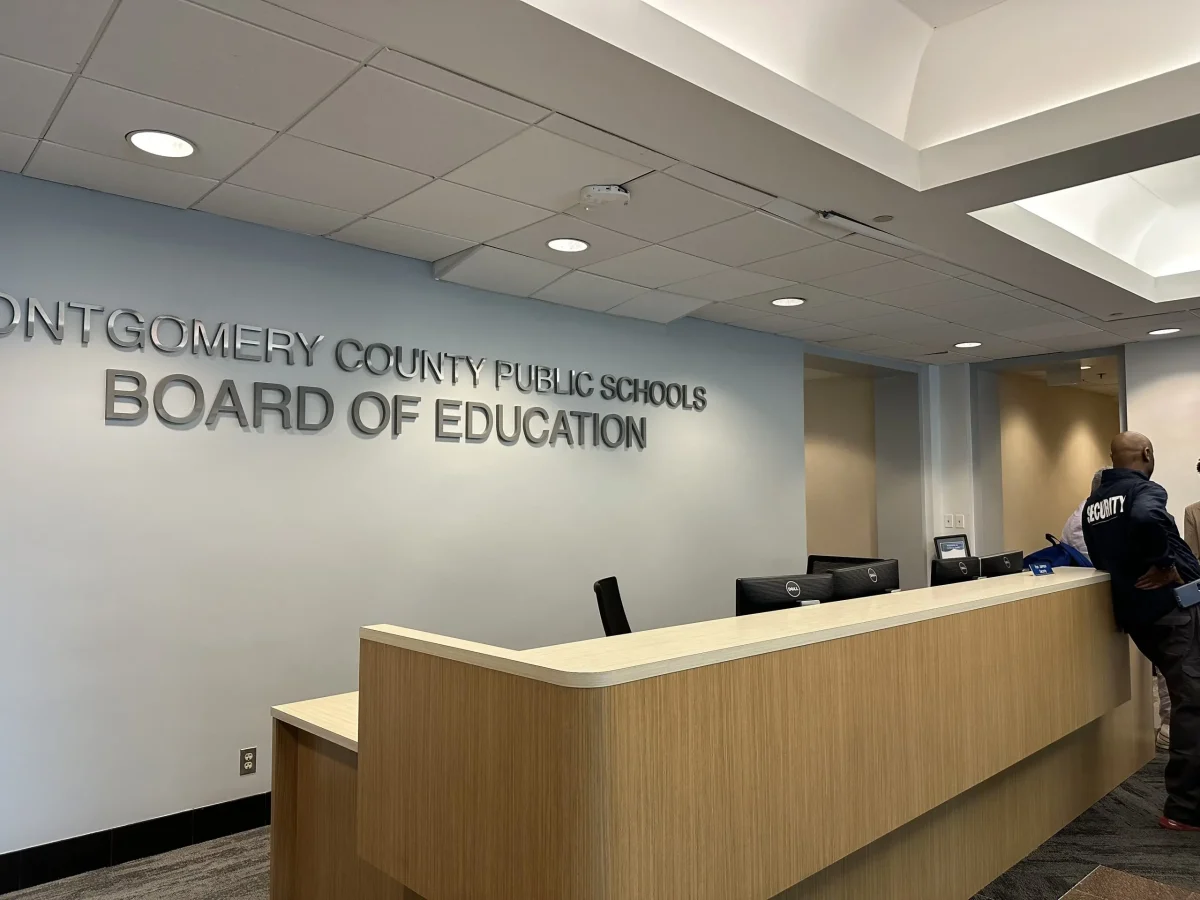
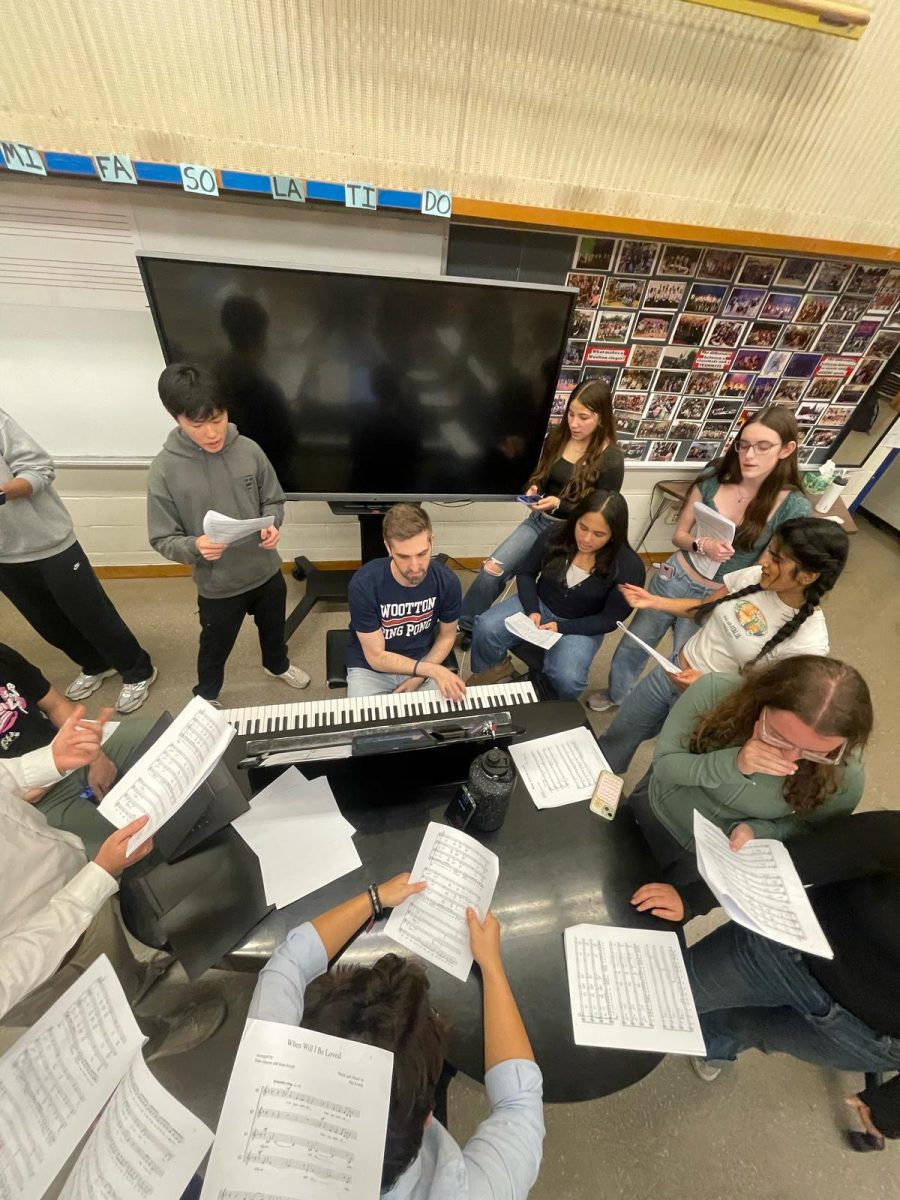
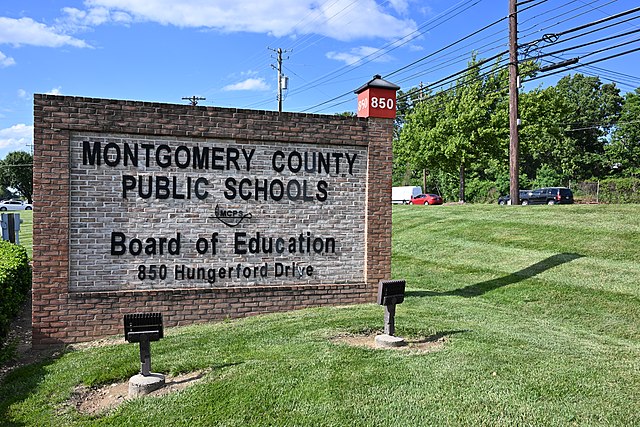
![The 2025-2026 Editorial Board Alex Grainger, Cameron Cowen, Helen Manolis, Emory Scofield, Ahmed Ibrahim, Rebekah Buchman, Marley Hoffman, Hayley Gottesman, Pragna Pothakamuri and Natalie Pak (Chase Dolan not pictured) respond to the new MCPS grading policy. “When something that used to be easy suddenly becomes harder, it can turn [students’] mindset negative, whereas making something easier usually has a better impact. I think that’s where a lot of the pushback comes from. But if you put emotions aside, I do think this change could help build stronger work ethic,” Ibrahim said.](https://woottoncommonsense.com/wp-content/uploads/2025/09/fqr5bskTXpn0LRQMmKErLuNKdQYBlL726cFXBaWF-1200x900.jpg)
